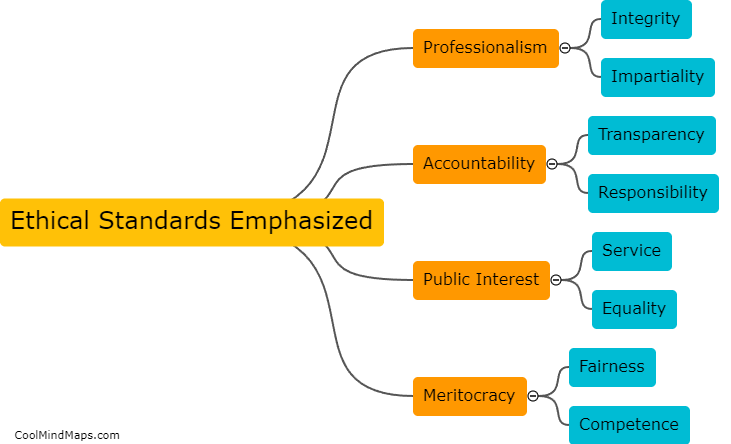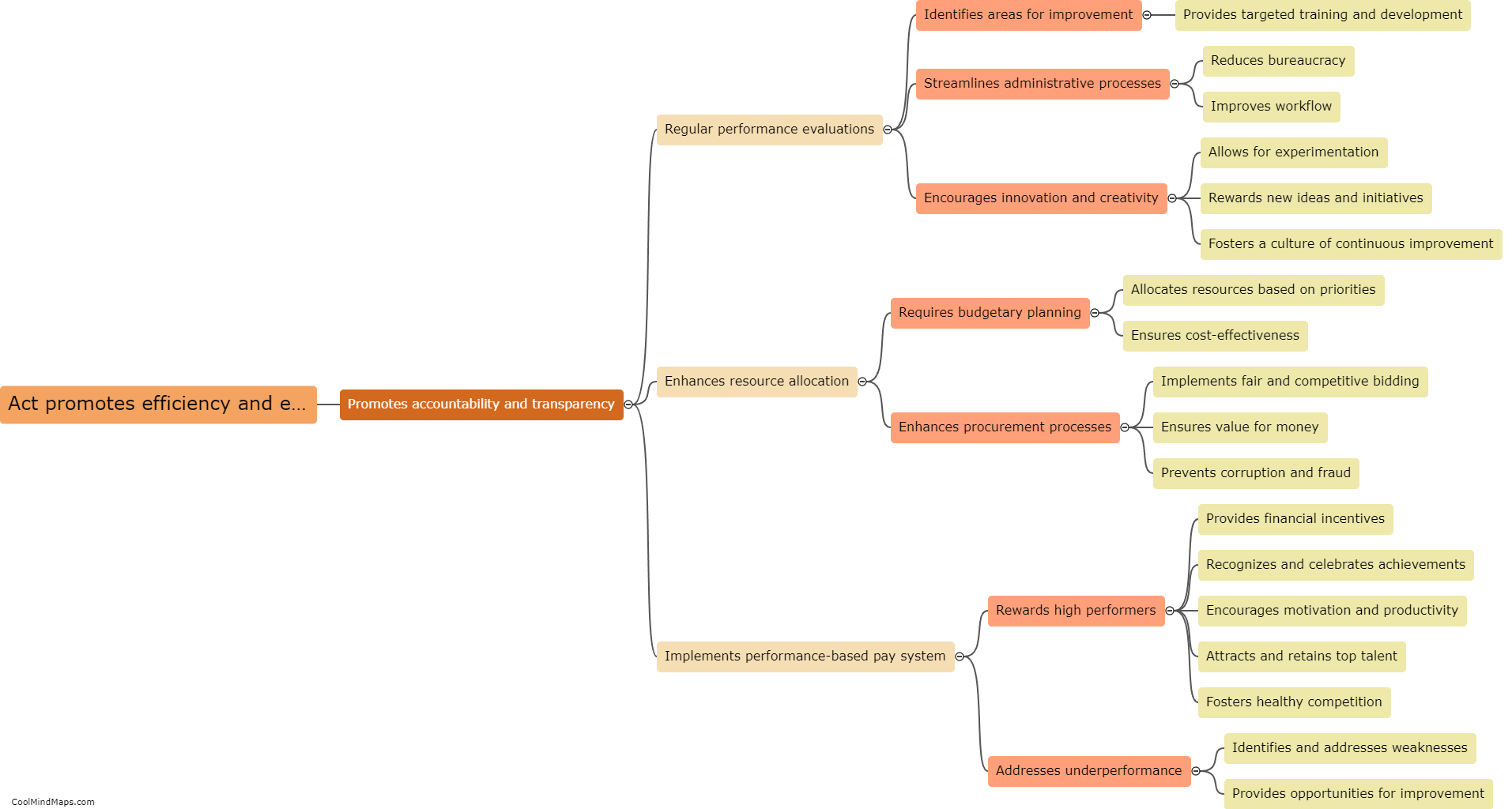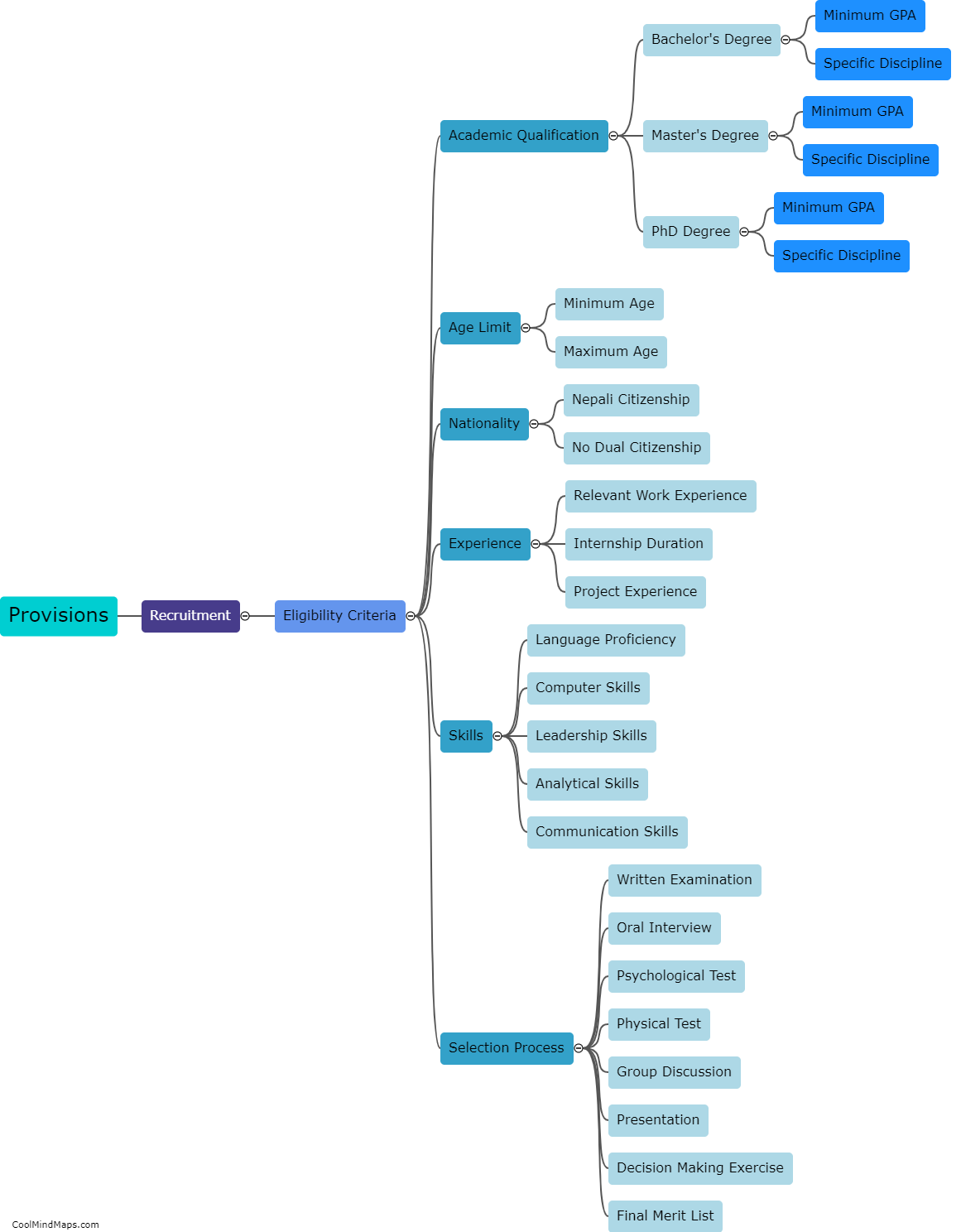What are the implications of the Act on the governance system in Nepal?
The Act on governance system in Nepal has significant implications on the country's governance framework. It aims to establish a federal structure, devolving power and authority to provincial and local governments. This decentralization will lead to greater participation and representation of the people at lower levels, strengthening the democratic processes and promoting social inclusion. The Act also sets out the responsibilities and jurisdictions of different levels of government, clarifying the division of powers. However, implementing such a complex governance system requires effective coordination and cooperation among all levels of government, as well as capacity-building to ensure smooth functioning. The Act also raises challenges in terms of fiscal decentralization and resource allocation, creating a need for financial reforms and efficient resource management. Overall, the Act is expected to create a more inclusive and participatory governance system in Nepal, ensuring effective service delivery and promoting social and economic development.

This mind map was published on 27 November 2023 and has been viewed 84 times.











